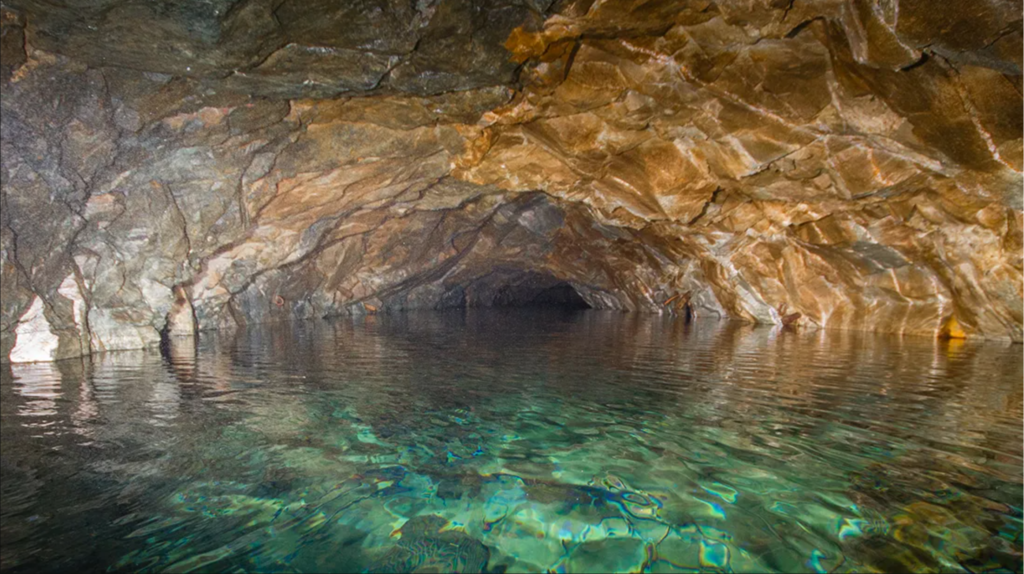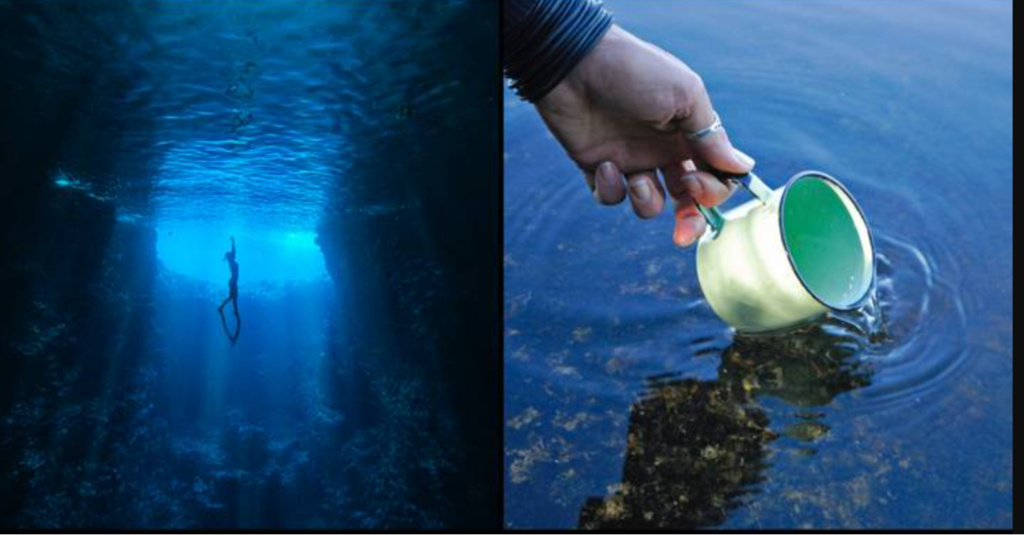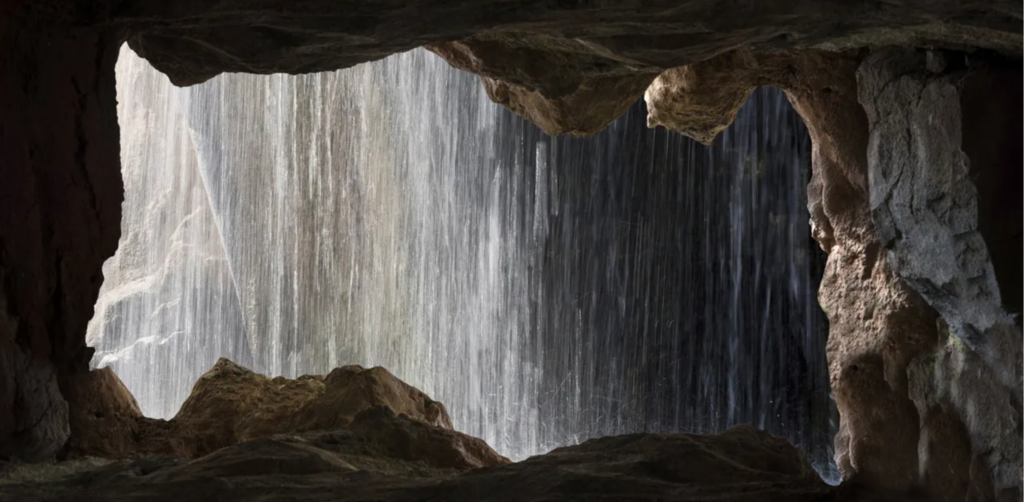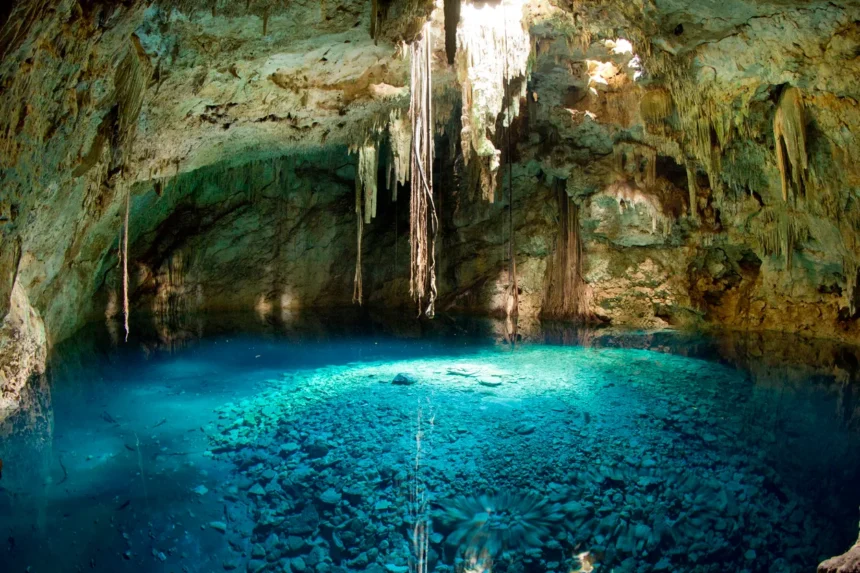Oldest Water :In 2016, a remarkable discovery was made by a team of geologists led by Professor Barbara Sherwood Lollar. They were studying a Canadian mine when they found flowing water about three kilometers below the surface. Tests revealed that this water was between 1.5 billion and 2.6 billion years old, making it the oldest water ever found on Earth.
The Discovery :Oldest Water
The water was discovered in a mine north of Timmins, Ontario, in 2009. The tests pegged the mean age of the samples at 1.6 billion years old. This ancient water might help answer a question that curious earthlings have asked as long as we’ve peered skyward: could there be life on other planets?
Also read :The Environmental Impact Of Rocket Launches: The ‘Dirty’ And The ‘Green’

oldest water
image source: iflscience
The Significance
The billion-year-old liquid’s dead giveaway is its musty smell. But locating the highly saline fluid—up to 10 times saltier than sea water—requires more than a gifted nose. Seventeen years after Sherwood Lollar first visited the Glencore-owned Kidd Creek mine north of Timmins in 1992, her team finally extracted the record-setting brine. Four years and countless tests later, the team settled on the billion-year-plus figure.

image source :LADbible
The Implications
This discovery has significant implications for our understanding of life on Earth and potentially other planets. Tiny chemolithotrophic microbes were present in the water and feasting on hydrogen and sulfate. These microbes are an example of life “hanging on by its toenails,” as Sherwood Lollar puts it. Understanding how these microbes survive in such extreme conditions could provide insights into the potential for life on other planets.
Looking to the Stars

Image source : Huffpost
Sherwood Lollar’s work on ancient Earth water has made her look to the stars. Her research could help advance our search for life on other worlds like Mars. The maxim in the search for life has always been: follow the water. While Mars has always been an appealing candidate for extraterrestrial life, in recent years, scientists have begun to look at moons — specifically, Europa, a moon around Jupiter, and Enceladus, a moon around Saturn.
In conclusion, the discovery of the oldest water on Earth opens up new avenues for understanding our planet’s history and the potential for life elsewhere in the universe. As we continue to explore and make new discoveries, we move closer to answering some of humanity’s biggest unanswered questions.
Also read : How Can We Acquire Learning? Discoveries Made By Neuroscientists About How The Human Brain Store Memories




































